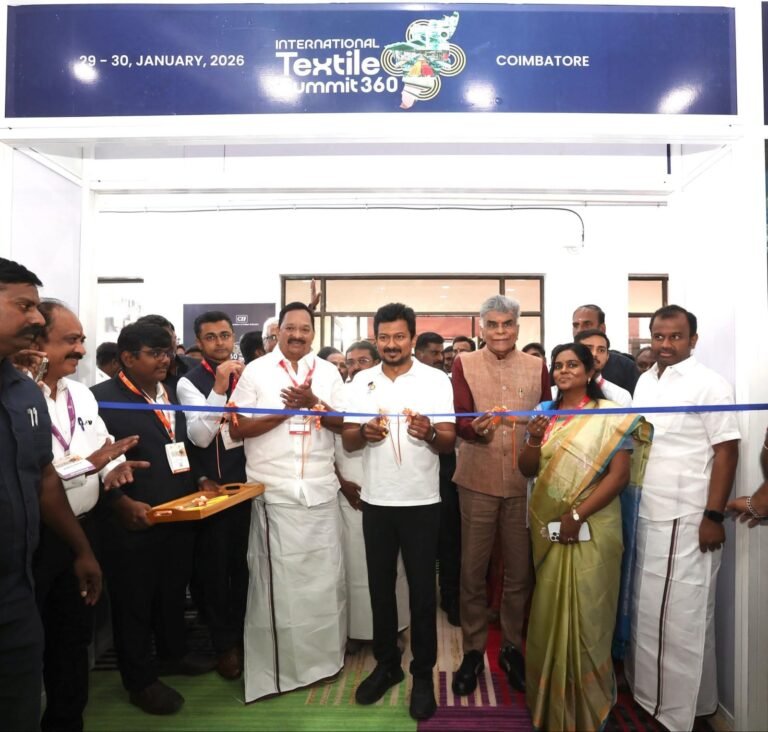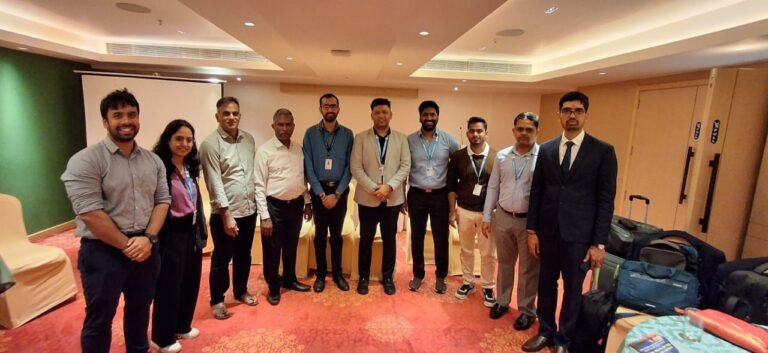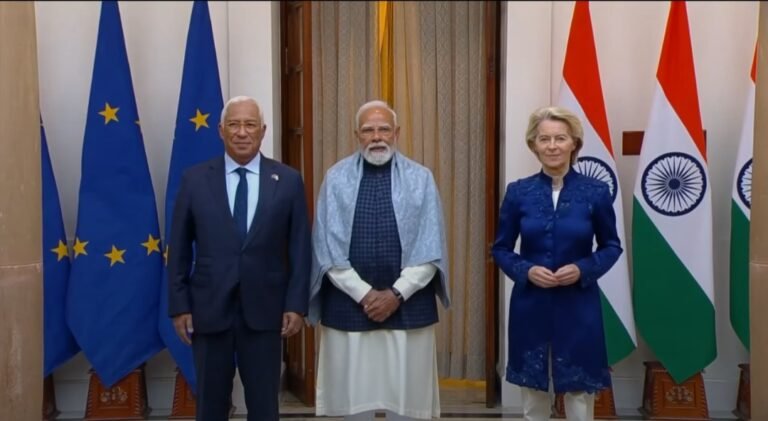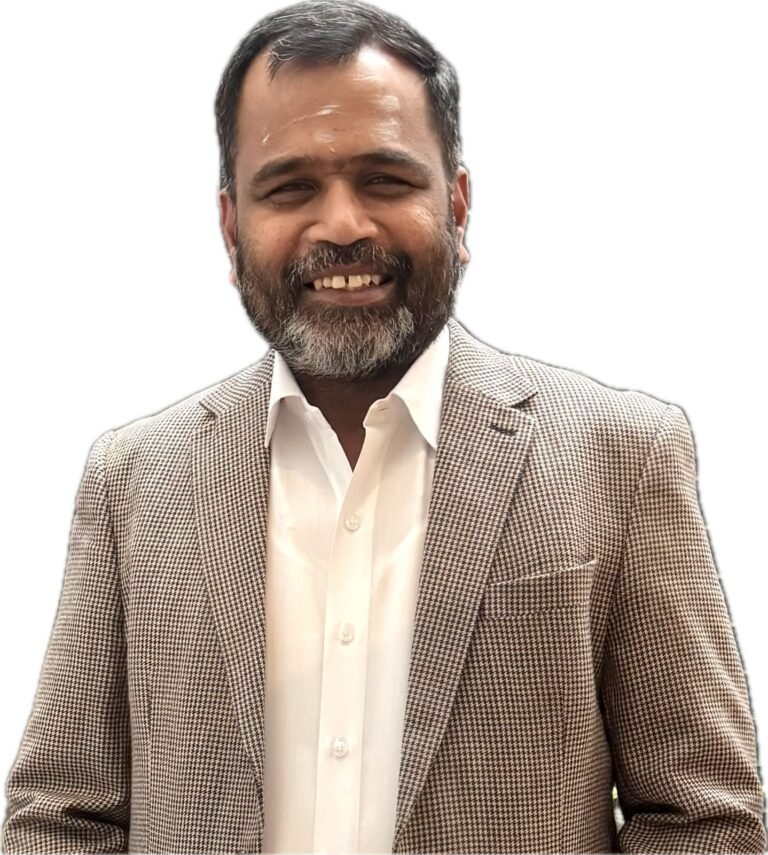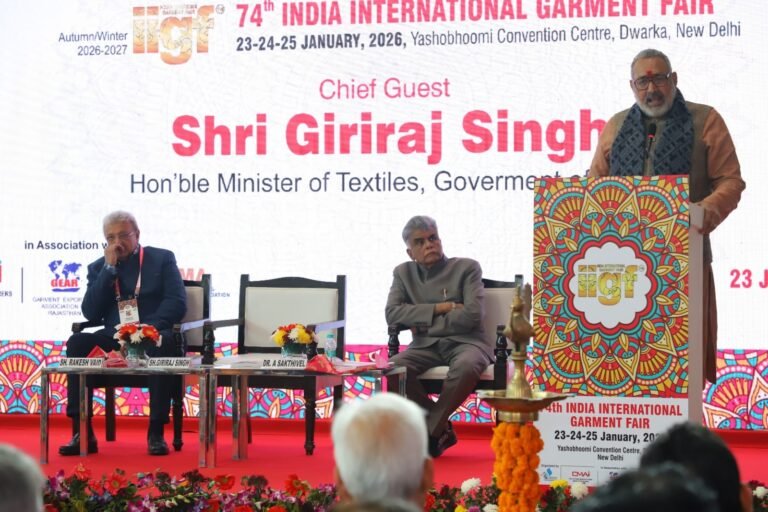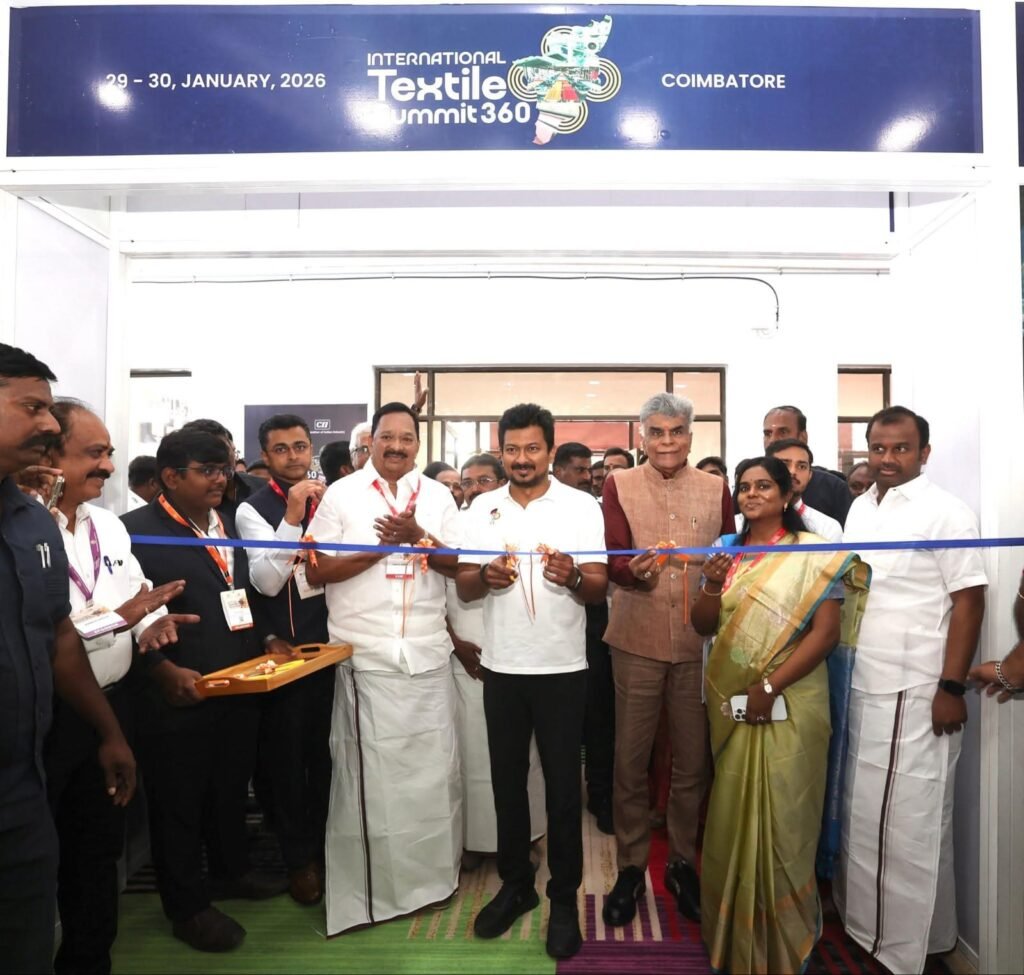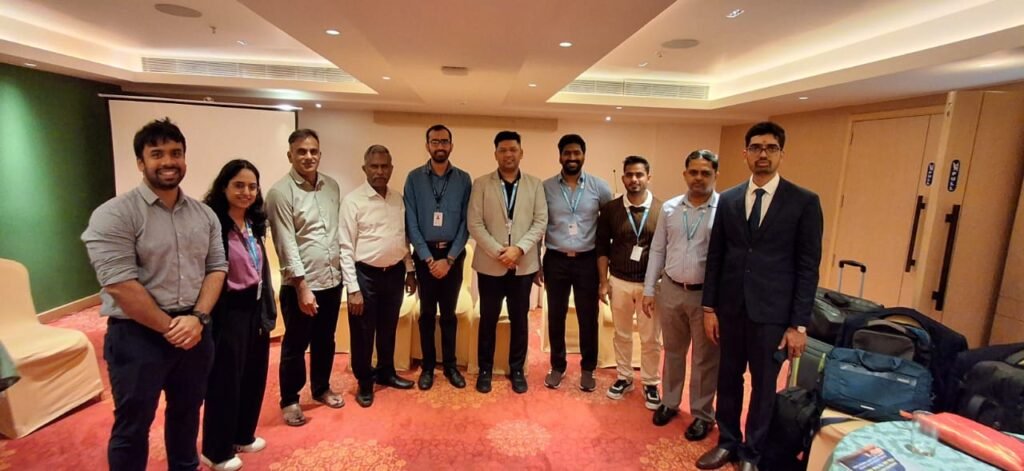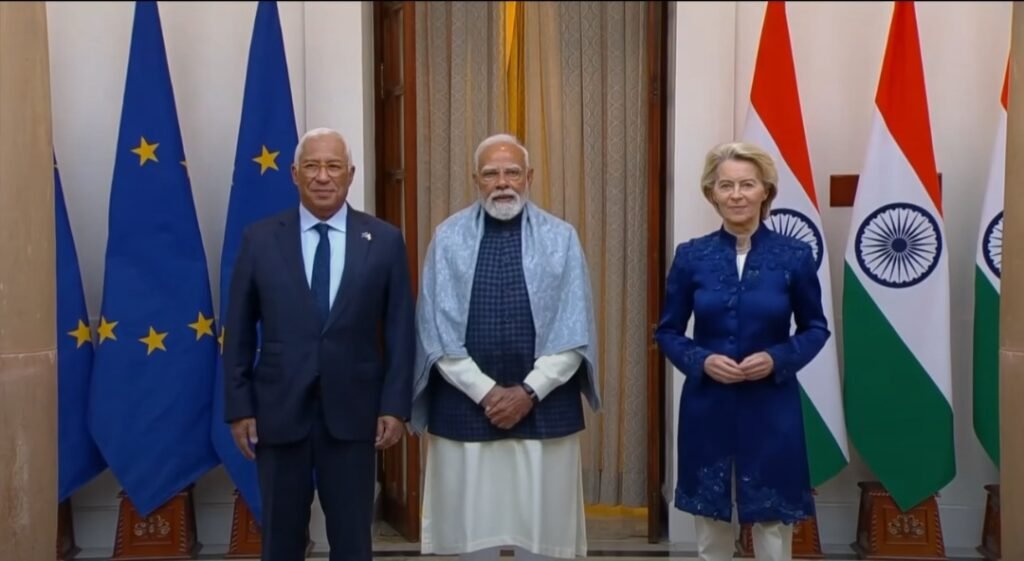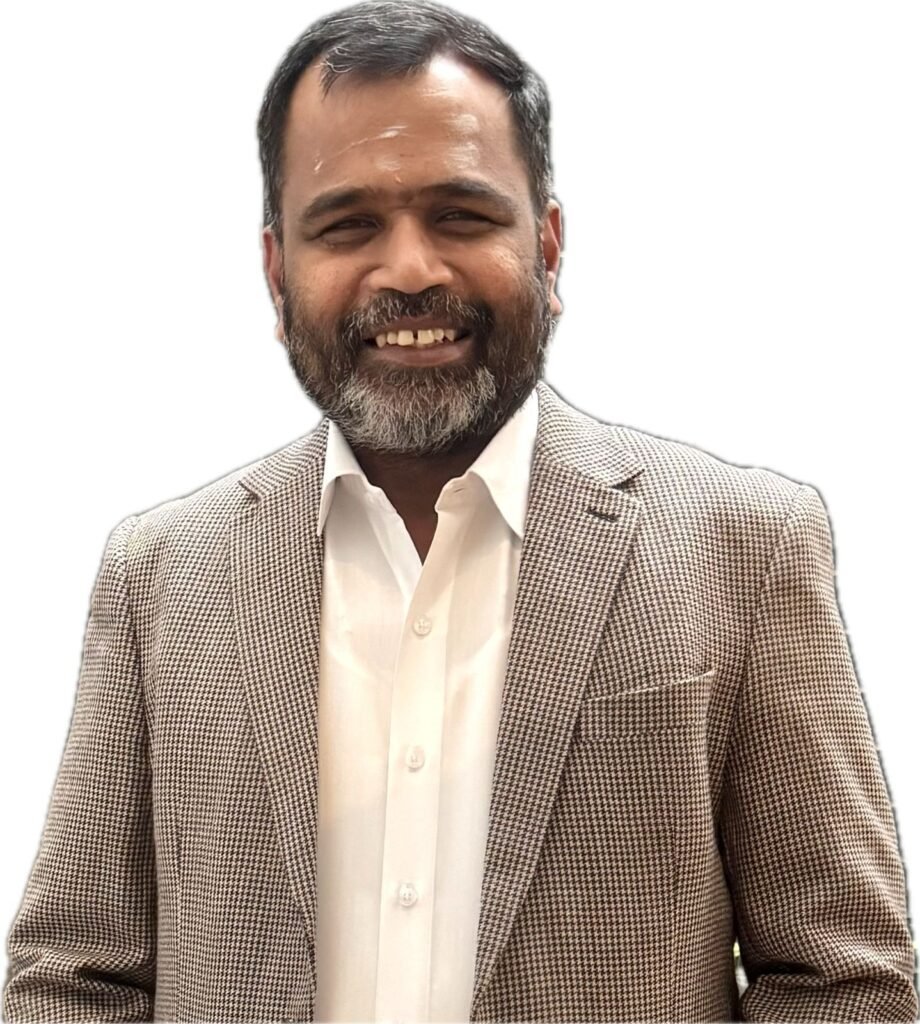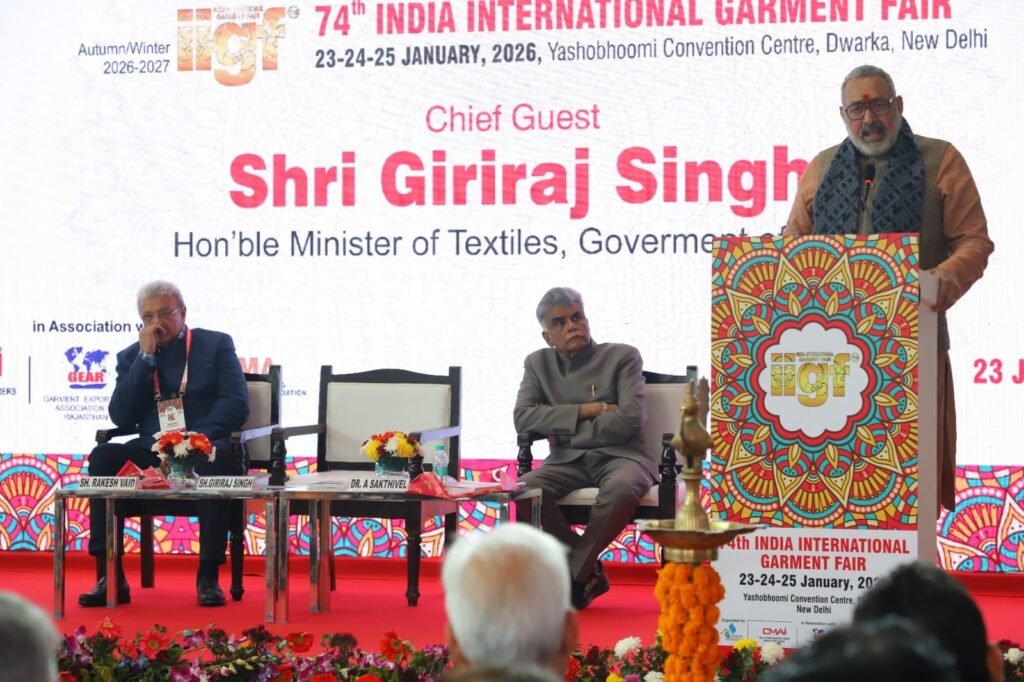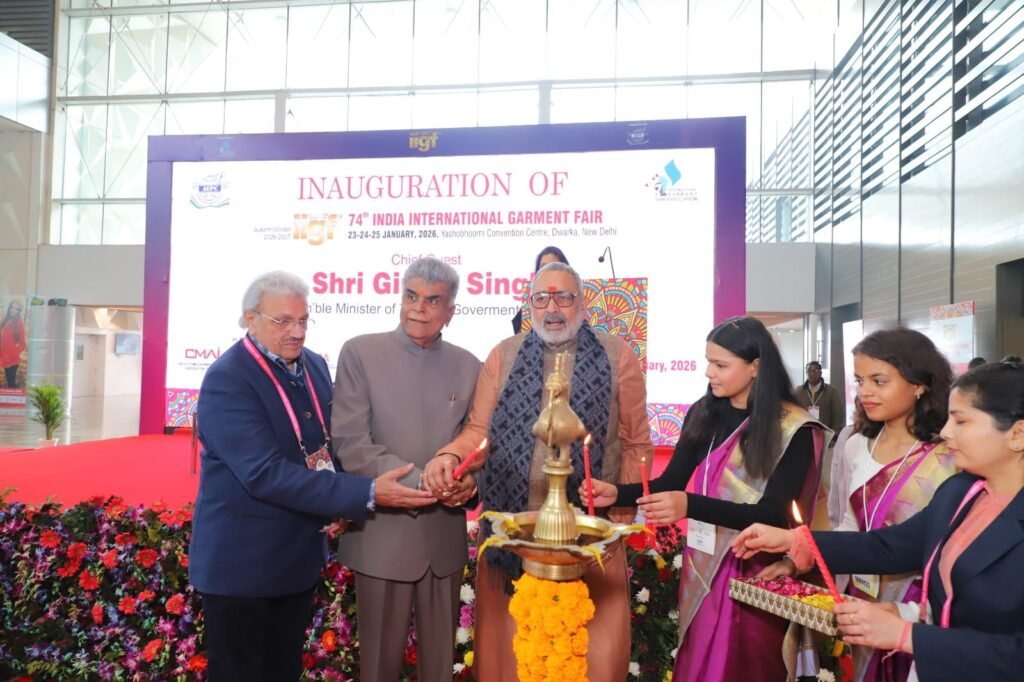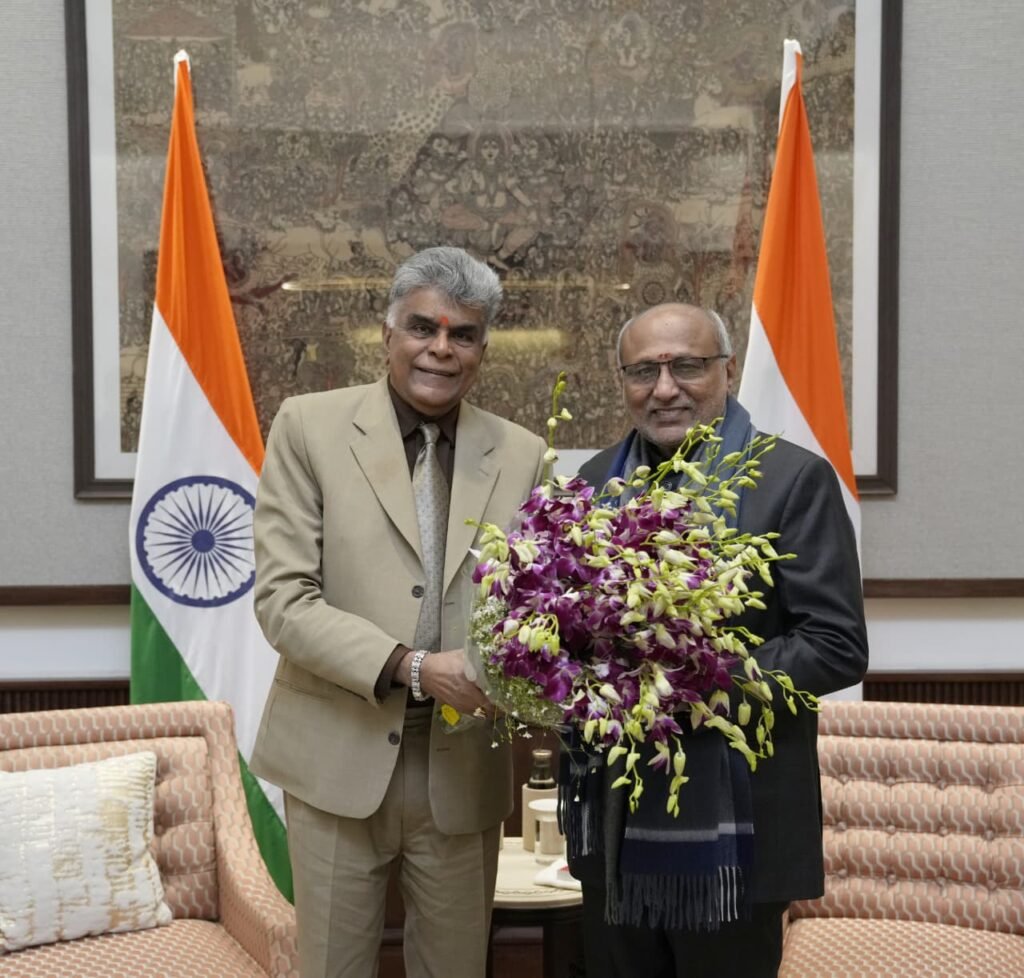
In a crucial move to safeguard India’s apparel export sector, the Apparel Export Promotion Council (AEPC) submitted a comprehensive memorandum to Shri J. Swaminathan, Deputy Governor, Reserve Bank of India (RBI), on October 27, 2025, at Coimbatore. The memorandum seeks urgent financial relief and policy support for MSMEs struggling under the pressure of global market disruptions and the recent tariff escalation imposed by the United States on Indian garment imports.
The high-level meeting was attended by several prominent officials, including Shri Neeraj Nigam, ED, RBI, Smt. Sonali Sen Gupta, ED, RBI, Shri Manoj Mittal, MD & CEO, SIDBI, and Dr. A. Sakthivel, Vice Chairman, AEPC, along with MDs of leading public sector banks like SBI, PNB, and Canara Bank, representatives from private banks, NBFCs, and senior members of key industry associations such as TEA and CODISSIA.
Tiruppur: A Testament to MSME Strength
Welcoming the RBI delegation to the Tiruppur Knitwear Cluster, Dr. A. Sakthivel expressed his gratitude for the RBI’s proactive efforts in supporting India’s export and MSME ecosystem. He noted that Tiruppur, where nearly 95% of the units belong to the MSME sector, stands as a model for entrepreneurial success and inclusive industrial growth driven by accessible banking support.
However, Dr. Sakthivel pointed out that the steep U.S. tariff increase on Indian garments, effective from August 2025, has severely impacted the sector. The total duties now approach 70%, drastically reducing India’s competitiveness compared to Bangladesh and Vietnam, which continue to enjoy favorable or lower tariffs. This, he emphasized, has placed immense financial strain on MSME exporters, demanding urgent relief measures.
AEPC’s Key Requests for MSME Relief
In response to these challenges, AEPC outlined a set of focused policy requests aimed at maintaining liquidity, employment, and competitiveness among small and medium apparel exporters.
The first recommendation urged the immediate restoration of the Interest Equalisation Scheme at 5%, without any value cap restrictions. Dr. Sakthivel highlighted that Indian exporters face significantly higher borrowing costs than competitors in other Asian markets. AEPC proposed that the scheme cover both Pre-shipment and Post-shipment Rupee Export Credit, and continue for at least five years to provide stability.
The second appeal requested a two-year moratorium on repayment of the principal component of export-related loans, applicable to all borrowings linked to exports. AEPC also recommended temporarily extending the NPA classification period from 90 to 180 days, providing much-needed breathing room to MSMEs facing delayed export payments.
Another crucial request was the reintroduction of the Emergency Credit Line Guarantee Scheme (ECLGS), which had proven invaluable during the COVID-19 crisis. AEPC proposed a revised version tailored for MSME exporters, with simplified eligibility norms and quicker disbursal through banks to alleviate immediate funding stress.
Strengthening MSMEs for the Future
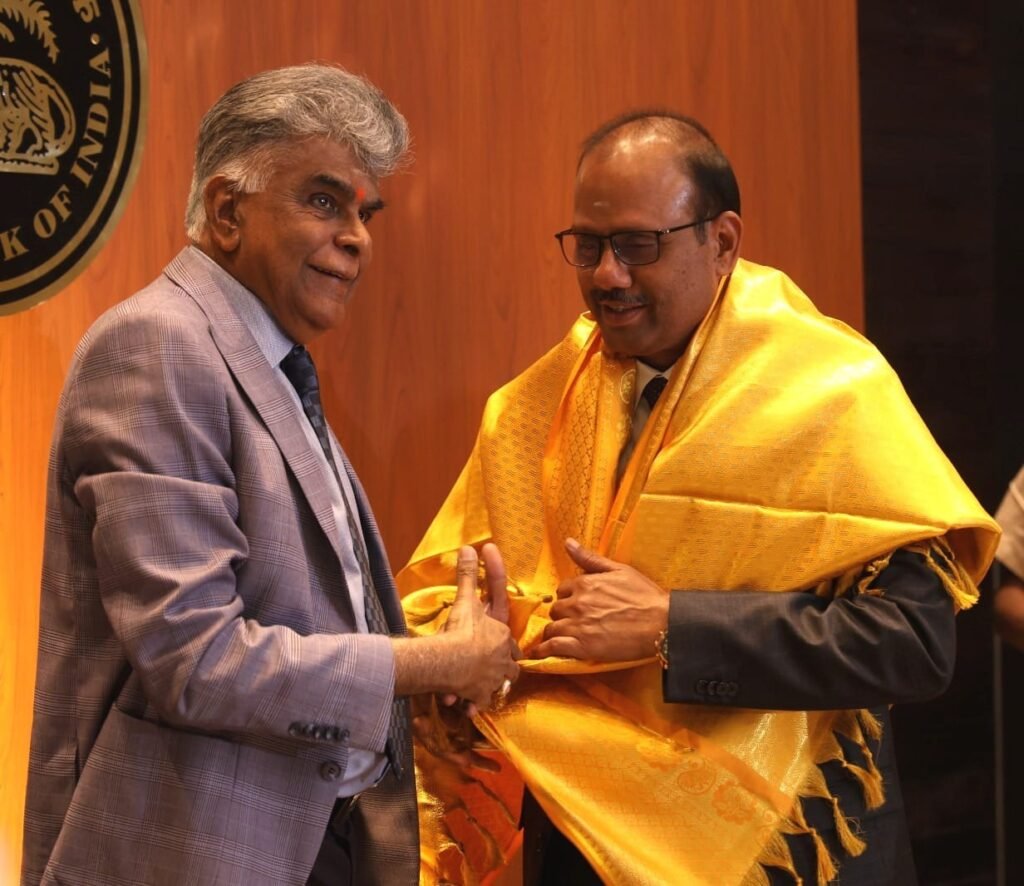
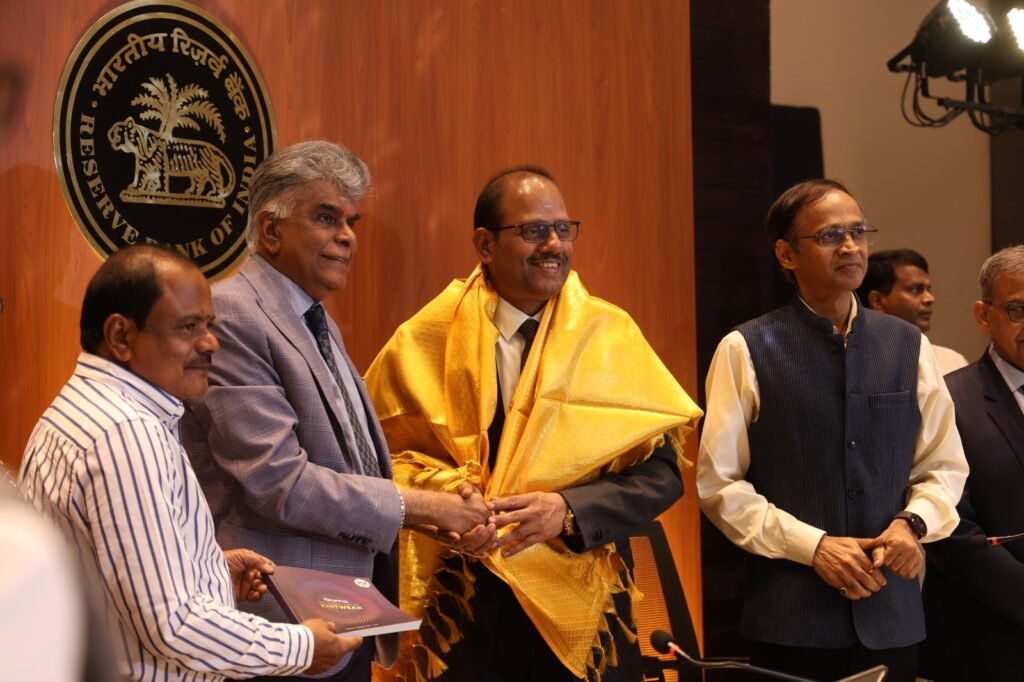
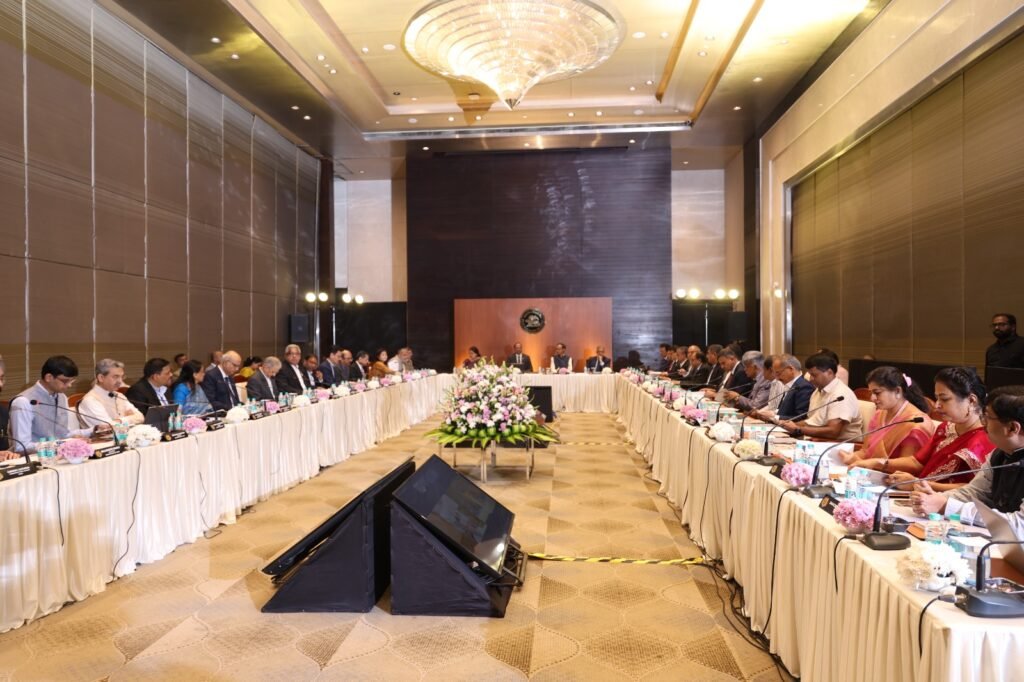
To further enhance financial accessibility, AEPC proposed flexible credit flow and simplified compliance mechanisms for MSMEs. This includes a one-time loan restructuring window without asset classification downgrade and continued recognition of export-oriented MSMEs under Priority Sector Lending (PSL) to ensure affordable and sustained credit availability.
Recognizing the evolving global market landscape, AEPC also urged the RBI to support MSMEs in their digital and green transitions. This includes adopting digital banking platforms, fintech-based trade documentation, and sustainable manufacturing technologies to align with international environmental standards. A proposed Green MSME Finance Initiative, under RBI’s guidance, could encourage exporters to embrace circular production models and eco-conscious manufacturing.
Backing Growth in the PM MITRA Parks
Dr. Sakthivel also drew attention to the upcoming PM MITRA Parks across India, which are expected to play a transformational role in strengthening the textile value chain. AEPC requested that the RBI issue an advisory to banks for proactive financial support to units investing in these parks, especially those focusing on Man-Made Fibre (MMF)-based advanced textile manufacturing. Such support would accelerate the adoption of cutting-edge technologies and attract higher foreign investment in India’s textile infrastructure.
Collaborating for a Resilient Future
AEPC concluded the memorandum with a heartfelt acknowledgment of the RBI’s continuous guidance and collaboration with the textile and apparel industry. The council reiterated that the requested measures are not just financial lifelines but vital steps to protect millions of livelihoods, particularly those of women workers, who form the backbone of the apparel export ecosystem.
Dr. Sakthivel reaffirmed AEPC’s full cooperation with the RBI and other financial institutions in driving initiatives that enhance credit flow, employment generation, and export competitiveness. As global markets evolve, this partnership between policymakers, banks, and industry leaders remains essential to ensure that India’s apparel exporters stay resilient, competitive, and future-ready.

